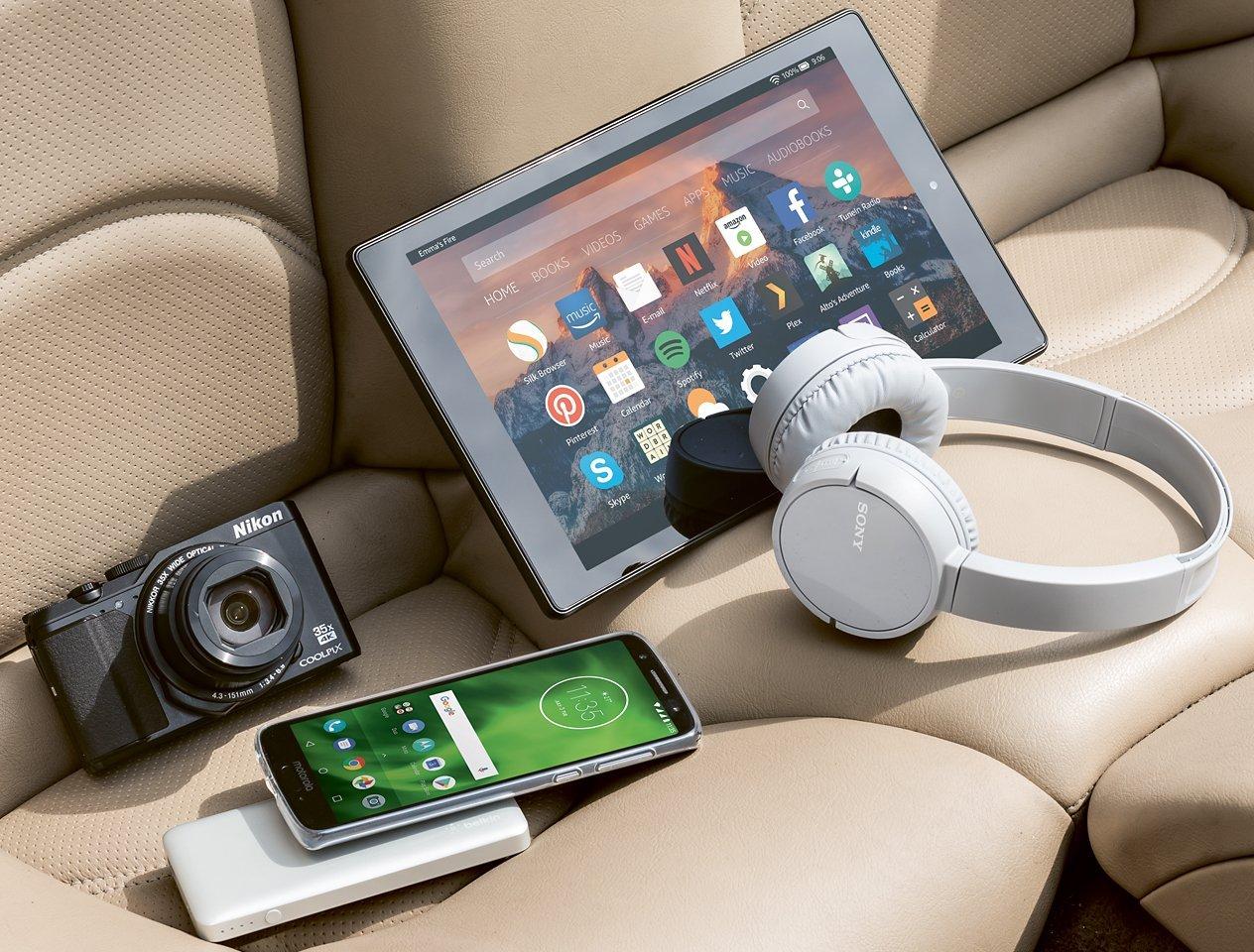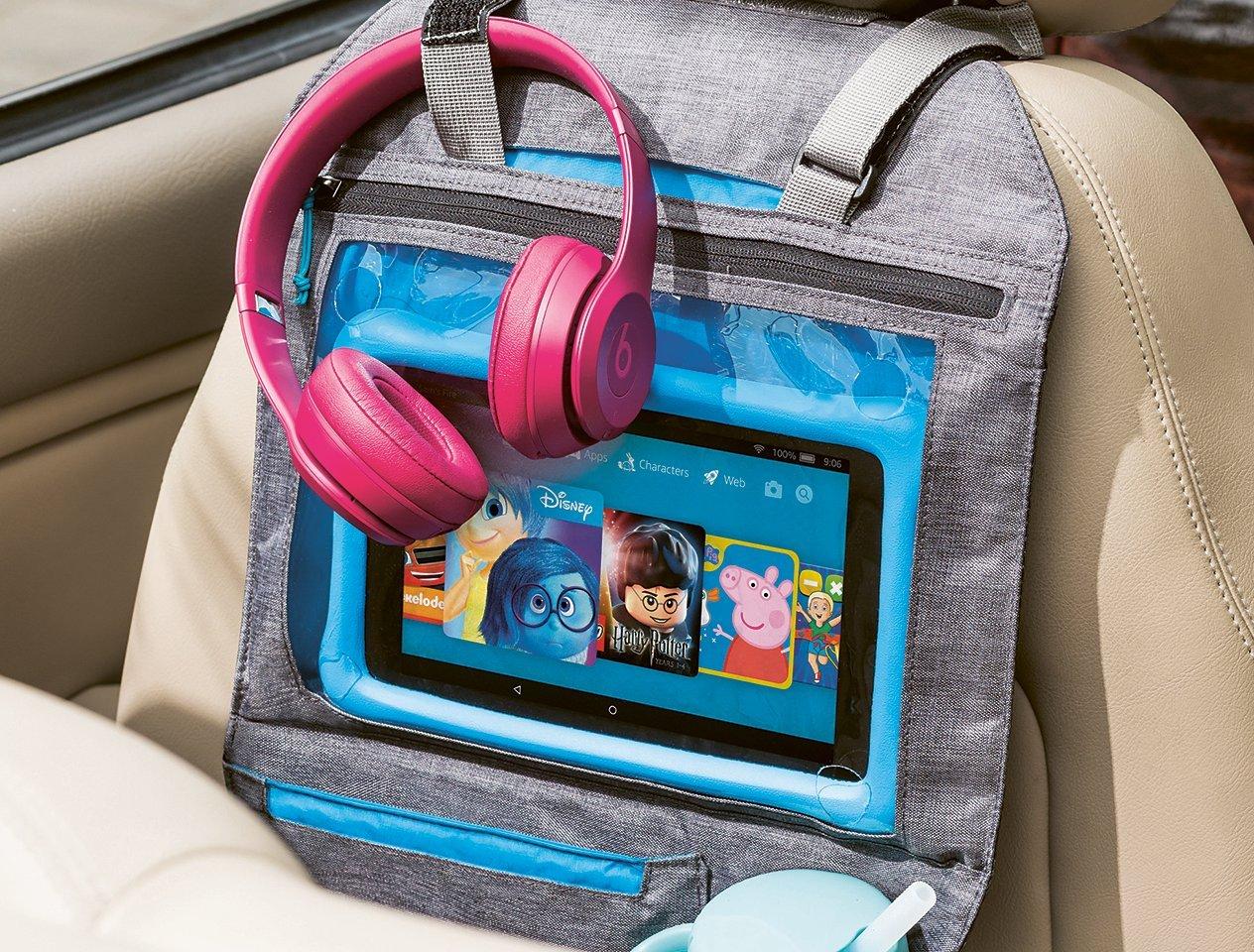How to keep your kids protected online
Keeping kids safe online can feel like a daunting task, but there are some simple steps that will make the world of difference
According to communications watchdog Ofcom, more than 50% of three- to four-year-olds in the UK go online every week. The figure increases to 80% of five- to seven-year-olds and again to 90% of eight- to 11-year-olds (almost a quarter of whom already have their own social-media profile, too).
So it’s clear that from an early age, children need the skills to navigate the not-always-friendly online world, but it can be tricky to know how to approach online safety with children. We spoke to security experts about how they tackle the subject with their own kids.
Apply real-world rules to the internet
‘For me, the key is to treat the internet just like the real world,’ says Tim Walker, an internet-security specialist at IT firm Aura Technology, who has three daughters. ‘Children should be allowed to explore it, but be given the tools to navigate it safely. Tell them about the dangers of communicating with people they don’t know, just as they wouldn’t talk to a stranger in the park.’
Keep things private on social media
Once children reach the age of 13, according to most social-media platforms’ guidelines, they can set up their own profile. It can be a daunting time for parents, but talking to them about their privacy on social media is a must.
The simple solution to keeping away from strangers on social networks like Instagram and Twitter is to restrict the people that are able to see their posts. ‘Personal data should be kept as private as possible,’ says Jake Moore, a cyber-security expert at anti-virus technology firm ESET UK. ‘A starting point is to guide them to make their social media accounts private and not to just accept anyone.’
Don’t just rely on broadband filters
Your internet service provider (ISP) will offer parental controls and filters, and these can be useful in blocking inappropriate sites. Don’t rely solely on this technology, though.
‘They aren’t fail-safe and not a substitute for good parenting,’ says Tim, while David Gray, a senior manager at cybersecurity firm NTT Security, thinks that filters alone won’t teach good safety habits. ‘Blocking access only makes kids more curious,’ he says. ‘And it’ll only protect them when they’re within your home network or using their devices.’
Get to grips with YouTube
YouTube is hugely popular with children. There are lots of age-appropriate videos for them to watch – from nursery-rhyme channels for younger kids to educational videos for older children – but it has its risks. Left unchecked, the ‘Up Next’ feature that recommends new videos when another finishes can sometimes lead to content meant for adults like sweary vloggers and rude Peppa Pig parodies, or videos showing 18-rated games like Grand Theft Auto V.
For younger children, you can download the YouTube Kids app for Android or Apple devices: it has modes for under-eights as well as eight- to 12-year-olds that will filter out unsuitable content, with tools for you to either block or allow specific channels.
With children using the main YouTube app, there’s a ‘Restricted’ mode in its settings menu that screens out ‘potentially mature content’, and you can turn off the ‘auto-play’ feature for the ‘Up Next’ recommendations, so they don’t play automatically.
You don't have to hover over your children’s shoulders while they’re watching YouTube, but it's a good idea to check in with them regularly about what they’ve seen and whether anything has bothered them.
Keep the conversation going
Finally, the experts stress that internet safety is an ongoing conversation. ‘It’s important that your children know they can come to you with any questions or worries they may have, and that there isn’t just one conversation about internet safety – constant vigilance is the key,’ says Tim. David, meanwhile, says if something goes wrong, keeping a cool head is important.
‘Education and trust are the key factors in having a happy and safe household. Just make sure that your children trust you, too. If you get angry or upset when they come to you with an issue, or you discover something they should not have done, they may not come to you again.’




